Habits that we should keep as we exit the pendamic
Since the pandemic started, once in a while, there has been what sounded like good news for the planet say behavioral scientists Mindy Hernandez and Sophie Attwood, in interview with Washington Post.
My wife and I decided she would stay home while I went to grocery store. While there, my phone pinged; it was a text from my wife with a long list of additional items to pick up. Normally, I would have added them all without hesitation.But now I have to be discreet about what I put in my shopping cart—I will buyonly what wereally need. Anything more is counter-productive in the fight against Covid-19.
We haveall heard plenty about this heinous killer.
Mayors, governors and President Trump seem to give briefings all day, every day.
The pandemic has transformed our world into anIsland of Terror,
where no one feels truly safe.
When politicians address who is to blame for this
killer, they point fingers at China, states and nations that don’t
self-quarantine, people who protest lockdown orders, and sun-worshippers who
flock to the beaches of Southern California.
But the blame game is pointless. The real question is:
Who can fix this?And the answer is: you, me and all our fellow humans. And when
we do, perhaps the world will be an even better place than it was before we
ever heard of Covid-19.
That’s because we have seen dramatic, positive
changes in the health of our environment since the virus chased us all indoors.
“There’s a murky relationship between air pollution and coronavirus, which may
mean that tackling air pollution will be a crucial part of easing lockdown,”Isabelle Gerretsen wrote on the BBC Future website.“Clear blue skies over the world’s megacities have become a
visible mark of the pandemic.”
It’s a welcome change for many, because outdoor
air pollution kills around 4.2 million people worldwide each year, according to the World Health Organization.
Pollution-monitoring satellites have
detected significant decreases in nitrogen dioxide (NO2) over China,
according to NASA
and European Space Agency, and there is evidence
that the change is at least partly related to the economic slowdown following
the outbreak of coronavirus.
Reports of clean beaches, clear skies and
fresh waters are making headlines.The Los
Angeles Timesreported that coyotes,
bobcats and bears are thriving in Yosemite National Park.
But one neednot be a scientist to
find a link between the two. Most of us have witnessed some positive environmental
changes where we live, be it the big city or a rural town.
Under the headline One
Sunday afternoon, Margaret Renkl writes in The New York Times: “At the very beginning of the lockdown, I was working in the yard
when I heard the wicka calls of two
Northern flickers competing for a mate’s attention. Wicka, wicka,
wicka, kikikikikikiki, the
bird in my yard would call. Wicka,
wicka, wicka, kikikikikikiki,
a bird across the street would call back. I peered up into the trees, hoping I
could see at least one of them before they took their competition to more
hospitable territory.”
As one New York bookseller wrote, “I
think the birds are enjoying this. In NYC we can hear them better than ever.”
We know that unnecessary emissions and
unnecessary consumption are bad for the planet. We know that Covid-19 is bad
for humans. We know that lockdowns and shuttered businesses are bad for the
economy. But perhaps we are finally getting a glimpse of how we can address all
these issues.
Don’t wait for governments to fix
everything, because when have governments ever been the answer to all
our problems? It’s up to you and me.
Can we really make a difference? I believe we can because
our path to power is through change. Maybe Covid-19 is a wake-up call for
humanity. Jared Diamond’s book Collapse: How Societies Choose to Fail or
Succeedmakes it clear that civilizations, for the most part, collapse due
to their own folly.
This Covid-19 pandemic may not spring from human error
(although some claim the virus was unleashed by mistakes made in China), but if
we follow the guidelines of the qualified doctors and scientists, we can come
out whole on the other side.
And we will also have verifiable proof that our own
lifestyles and business practices have been harming the air that we breathe,
the land we live on, the food we eat and the water we drink.
What can one little person do? Here is what World Resources Institute, a sustainability think tank redommends:
 In the past few weeks, many of us have been walking, biking and videoconferencing. Pretty much every time we avoid unnecessary trips that burn fossil fuels, especially by plane, that’s good for the planet.
In the past few weeks, many of us have been walking, biking and videoconferencing. Pretty much every time we avoid unnecessary trips that burn fossil fuels, especially by plane, that’s good for the planet.
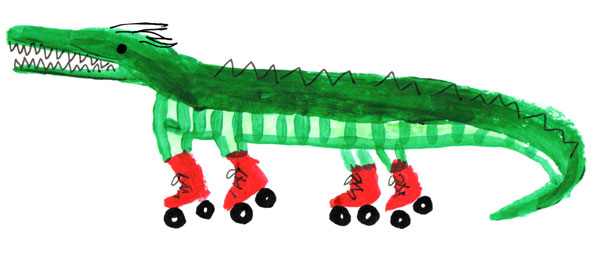 Plus, you probably appreciate those beautiful days more now than when you were stuck in traffic or in the office.
Plus, you probably appreciate those beautiful days more now than when you were stuck in traffic or in the office.
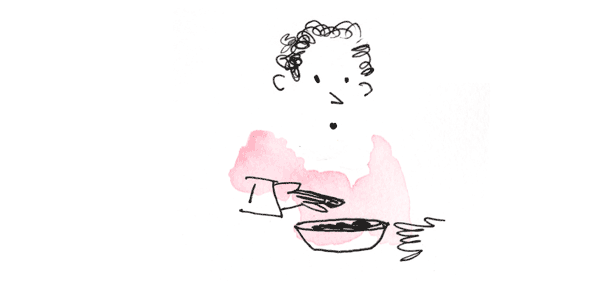 In our previous world, between 30 and 40 percent of the food in the country went into the trash. But in recent weeks, we have all had a crash course in how not to waste food. Eating everything we buy avoids unnecessary carbon emissions, preserves natural resources and saves us money.
In our previous world, between 30 and 40 percent of the food in the country went into the trash. But in recent weeks, we have all had a crash course in how not to waste food. Eating everything we buy avoids unnecessary carbon emissions, preserves natural resources and saves us money.


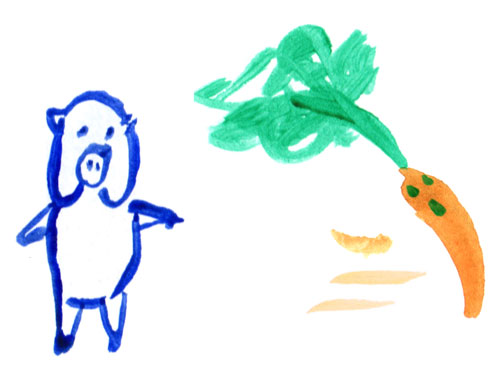 We’ve been eating more dry food staples because they go further and because it has been harder to find meat. That’s good for us and for the planet. Less meat equals savings and health benefits. Most Americans eat far more protein than they need.
We’ve been eating more dry food staples because they go further and because it has been harder to find meat. That’s good for us and for the planet. Less meat equals savings and health benefits. Most Americans eat far more protein than they need.
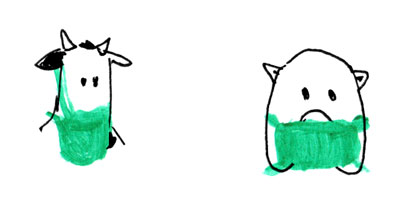 In addition, about 83 percent of the emissions associated with diet in the United States come from meat production. Outbreaks of swine and bird flus are thought to have begun in factory farms — and some scientists think it’s from those facilities that the next pandemic might come. We’ll definitely be fine with less meat.
In addition, about 83 percent of the emissions associated with diet in the United States come from meat production. Outbreaks of swine and bird flus are thought to have begun in factory farms — and some scientists think it’s from those facilities that the next pandemic might come. We’ll definitely be fine with less meat.
 Our pre-pandemic economy featured many cheap products shipped from across the globe that ended up killing jobs on this side of the planet. We’ve learned that we can survive without many of these “necessities.”
Our pre-pandemic economy featured many cheap products shipped from across the globe that ended up killing jobs on this side of the planet. We’ve learned that we can survive without many of these “necessities.”

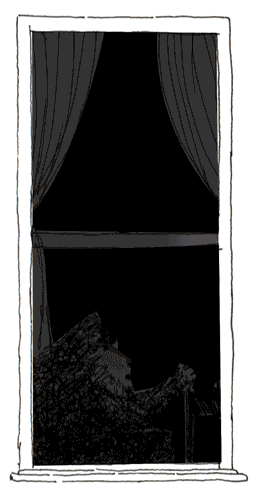 If nothing else, this pandemic has made us understand that there are real risks we sometimes can’t see or don’t credit until it’s too late. That’s a lesson we can apply to climate change, too.
If nothing else, this pandemic has made us understand that there are real risks we sometimes can’t see or don’t credit until it’s too late. That’s a lesson we can apply to climate change, too.
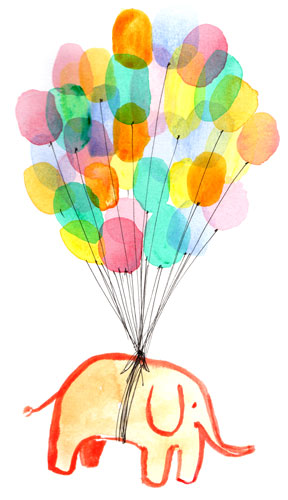
Keep zooming, walking and biking


2
Keep making grocery lists


3
Make meat the exception, not the rule



4
Keep avoiding needless spending


5
Trust science


Note: This column reflects an interview with behavioral scientists Mindy Hernandez and Sophie Attwood, and sustainability experts Shengyin Xu and Lucas Toh, from the World Resources Institute. Absurd America examines the idiosyncrasies of life in the United States. Follow on Twitter, Instagram, or join the Facebook group. .
Consider the words of Mahatma
Gandhi: “The earth, the air, the land and the water are not an inheritance from
our forefathers but on loan from our children. So we have to handover to them
at least as it was handed over to us … There is a sufficiency in the world for
man's need, but not for man's greed.”

Comments
Post a Comment